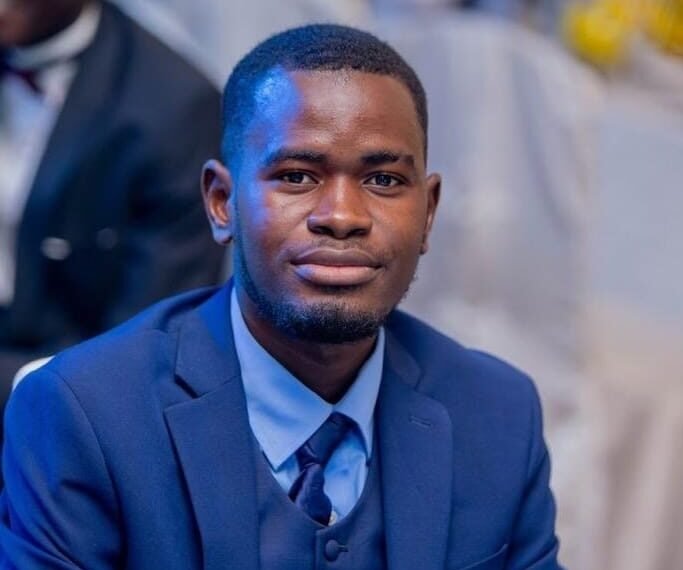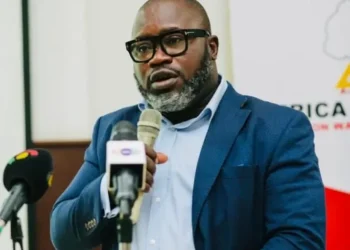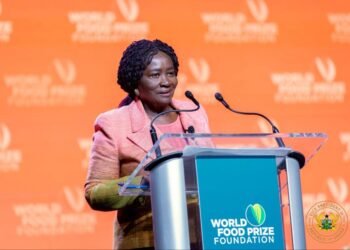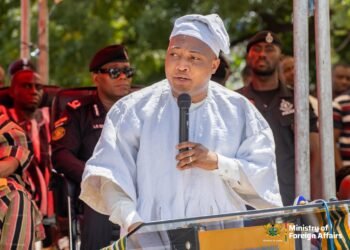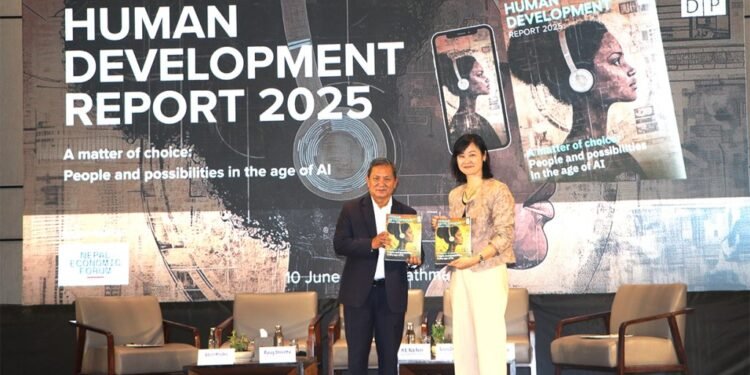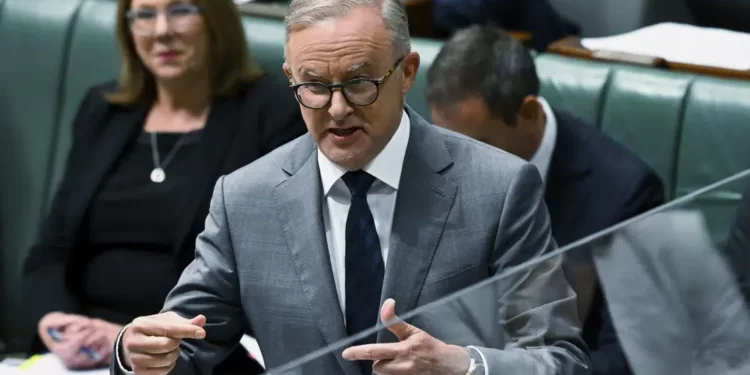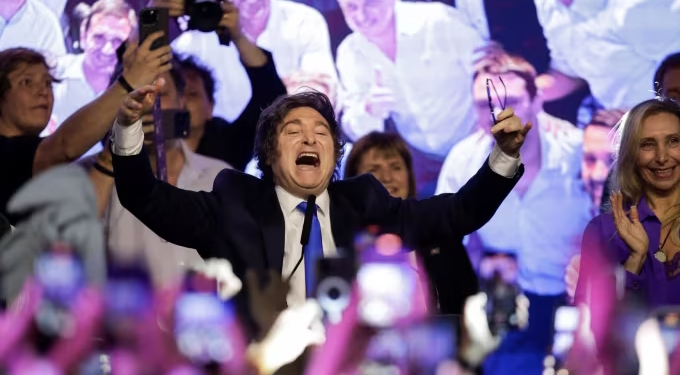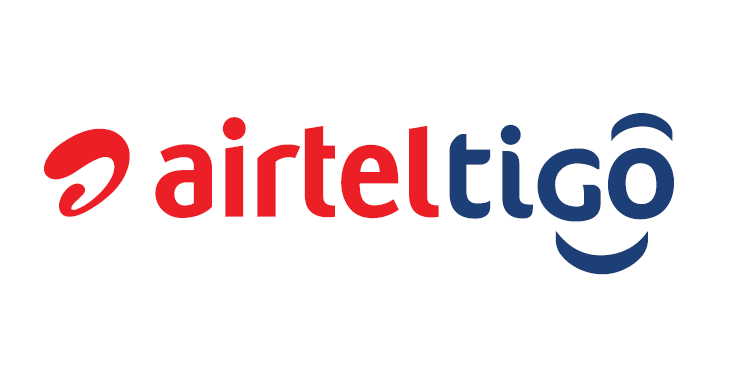Legal practitioner Timothy Donkor has issued a stern warning to the ruling National Democratic Congress (NDC) administration, stressing that its flagship anti-corruption campaign, Operation Recover All Loots (ORAL), must not fail.
According to him, the future of Ghana’s democracy depends on whether the government delivers justice in prosecuting corruption-related cases or repeats the cycle of impunity that has plagued successive administrations.
“We cannot move on. We shouldn’t. A change of government cannot shield the wounds. A change of government cannot cover the harms. We shouldn’t permit it,” he declared. His remarks come at a time when public concerns over the effectiveness of ORAL are growing, despite the government’s continuous assurances to pursue high-profile corruption cases without fear or favor.
The context for his intervention is Ghana’s persistent struggles with corruption, which continue to undermine public trust. The country’s performance on the 2024 Corruption Perceptions Index (CPI) reflects a troubling lack of progress.
Ghana scored 42 out of a possible 100 points and ranked 80th out of 180 countries, a position that has remained largely unchanged for the past five years. The stagnant record suggests, in Donkor’s view, that successive governments have failed to make significant headway in curbing corruption.
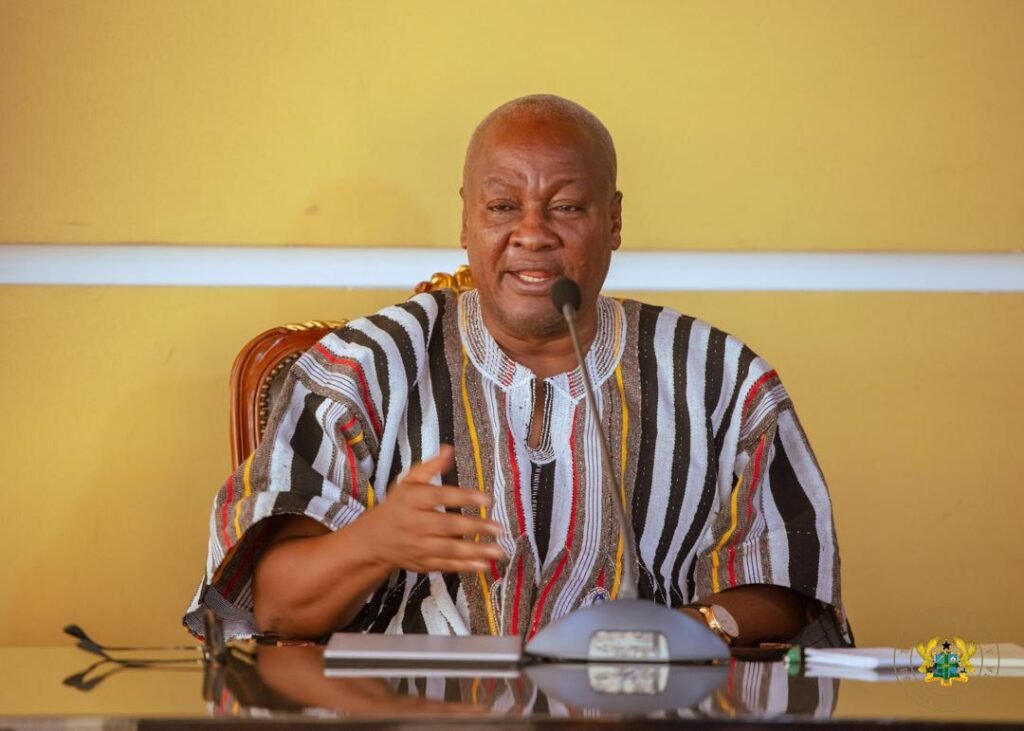
“The incompetent management of this country has harmed many people,” Donkor charged, highlighting the human cost of corruption and bad governance. He cited examples including extra-judicial killings, unlawful arrests and detentions, the collapse of businesses, and even the controversial “haircut” on government bonds.
For him, corruption has not only drained public resources but also created the justification for excessive borrowing that has left the country in deeper debt. “The loot and share made this country poorer and created a justification for more borrowing,” he stressed.
Accountability Drive
It is against this backdrop that President John Dramani Mahama’s administration launched ORAL during the 2024 campaign, pledging to aggressively pursue past corruption cases. Upon assuming office, the government established a preparatory team, led by North Tongu Member of Parliament Samuel Okudzeto Ablakwa, to gather evidence on alleged corruption cases involving former officials.
This dossier was subsequently submitted to the Attorney-General’s office for investigations and possible prosecutions. So far, the Attorney-General has commenced proceedings in two high-profile cases: the controversial $2 million Sky Train scandal and alleged corruption involving the former Director-General of the Signal Bureau, Kwabena Adu Boahen.
However, despite these initial steps, many Ghanaians remain skeptical about the government’s ability to follow through. Critics argue that both the NDC and the New Patriotic Party (NPP) have historically shielded political allies from accountability once in power, reducing anti-corruption campaigns to mere political slogans.
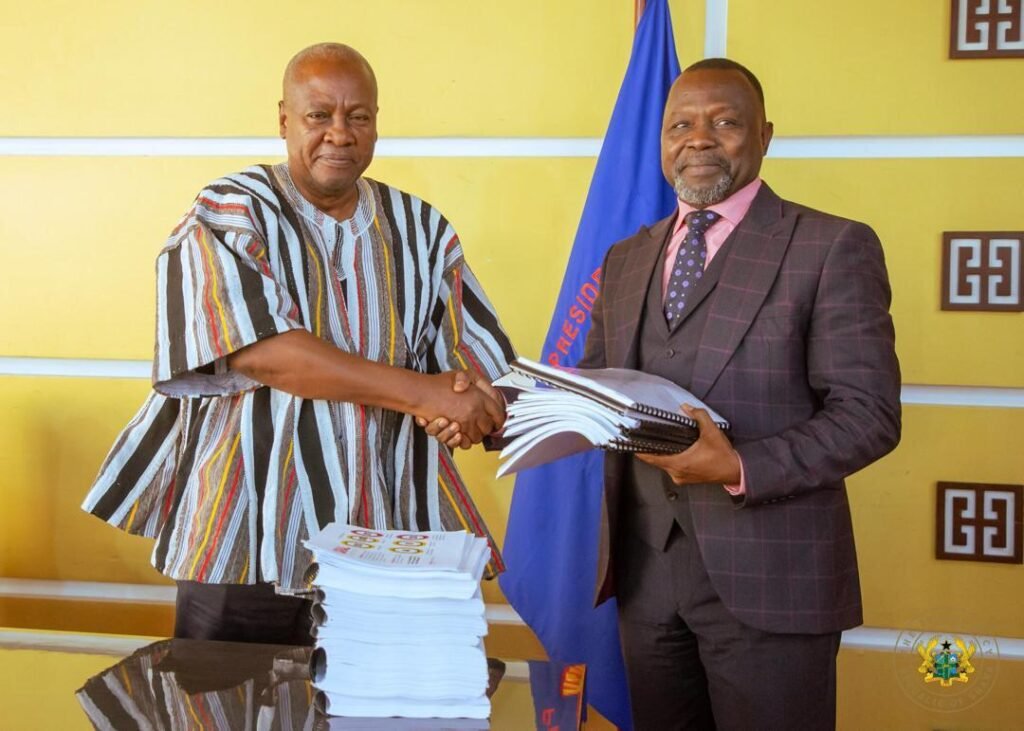
Donkor’s intervention directly addresses these fears. He warned that the government cannot afford to falter on its promises and that citizens must be ready to demand accountability if signs of failure emerge.
“ORAL cannot fail. And if there are signs that it will, the people must demand better. They must protest and withdraw their labor from government work,” he said. His call for mass action underscores the growing impatience among civil society and sections of the legal fraternity who believe Ghana’s democracy risks erosion if corruption goes unpunished.
The government itself has not been immune to internal criticism. Recently, NDC General Secretary Fifi Kwetey raised alarms about what he described as “suspicious attempts” by some members of the administration to negotiate deals aimed at shielding former appointees from prosecution.
Such remarks have only deepened public skepticism, fueling fears that ORAL may not achieve the intended results. Further complicating matters is the legal calendar. Ghana’s courts are currently on a long legal vacation between August and October, which many citizens have interpreted as official inaction. Legal activists have since called for an end to such breaks, arguing that they delay justice and weaken momentum in corruption-related prosecutions.
Donkor’s warning therefore, situates itself at a critical moment. By demanding that prosecutions proceed decisively and transparently, he places the credibility of the Mahama-led administration squarely on the line.
Prosecute or Resign
He even went as far as to suggest that failure should have constitutional consequences. “We cannot allow the bad precedent to stand! Prosecute and Jail or be impeached. Prosecute and Jail or resign!” he declared.
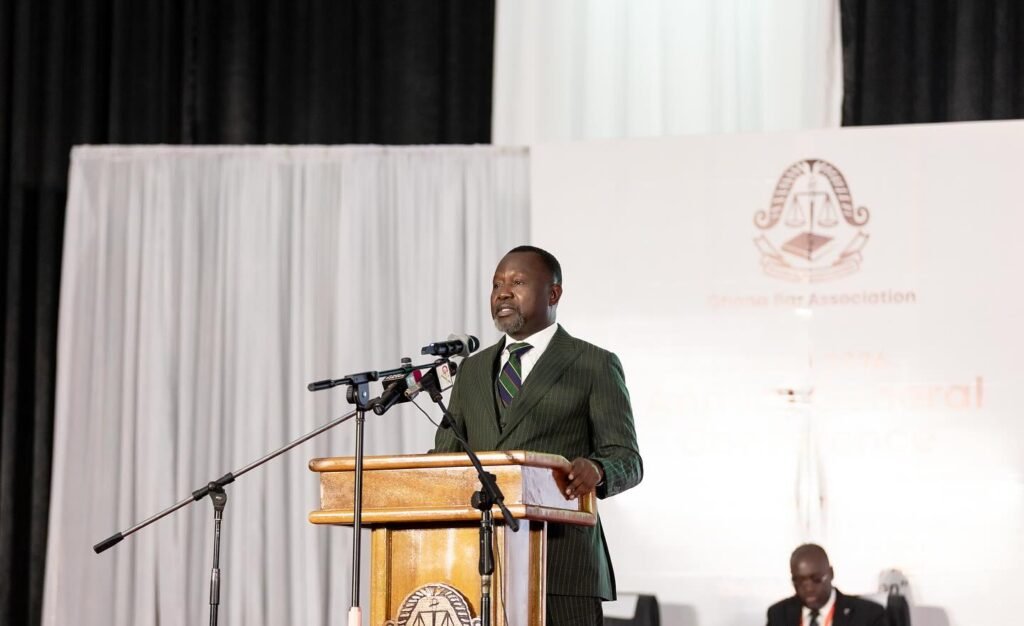
His remarks highlight the political stakes of ORAL, which is being closely watched not only by the Ghanaian public but also by international observers interested in the country’s democratic trajectory.
Should the campaign succeed, it could mark a turning point in the fight against impunity. If it fails, however, it risks entrenching public cynicism and weakening the foundations of the Fourth Republic.
READ ALSO: Ghana, Senegal Spotlight Africa-First Gas Agenda at African Energy Week



